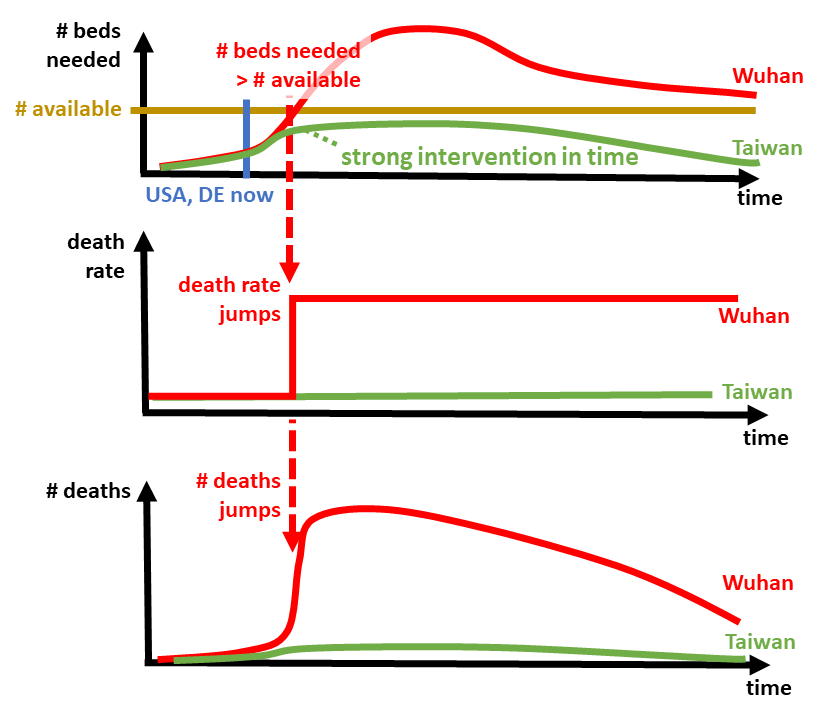When running, I am prone to making the opposite mistakes of either missing a beautiful view because I’m so focused on not tripping up, or twisting my ankle because I am staring into the distance.
This difficulty holds true beyond my gentle jogs, to anyone trying to do two things at once. Individuals and families preparing for the future, while trying to enjoy the present. Businesses contemplating their quarterly growth targets alongside their future business sustainability. Governments trying to address long-term policy goals while they handle the latest crisis, or balance loss of life against economic damage.
Three paths present themselves:
- To do both separately at once (alluring, but can be very hard to do)
- To do one, and then the other (often what practically happens, but less often as a stated choice)
- To find the common thread between both objectives, so both can be pursued by one course of action (not always possible, but the most blessed of the three)
Different horses for different courses, with the winner often only obvious in retrospect. These days I try to pause occasionally, while running, to take in the view.
This does my Strava statistics no favours, of course – in real life there are almost always more than two objectives… This post was inspired by my new ankle supports & Dan Wang’s excellent 2020 letter, which covered China’s long-term goals and their handling of Covid-19.
